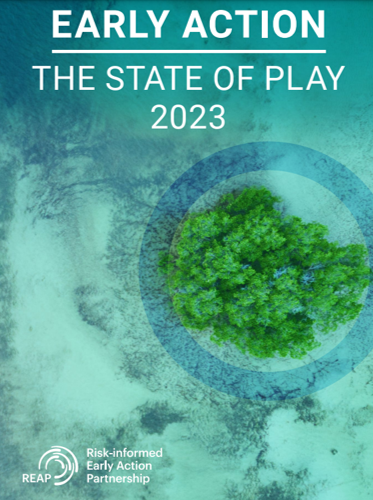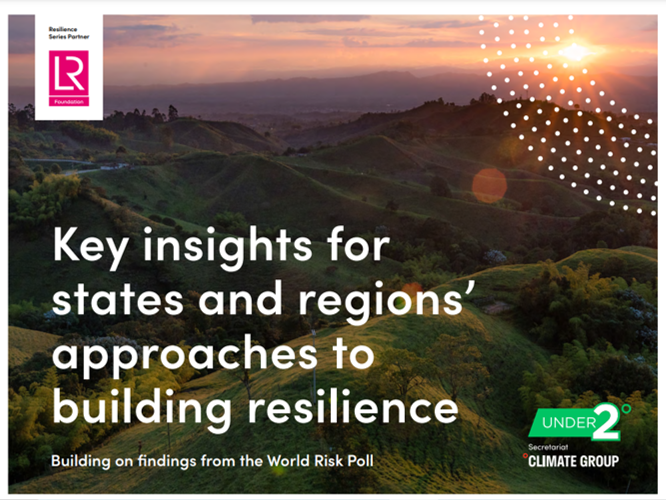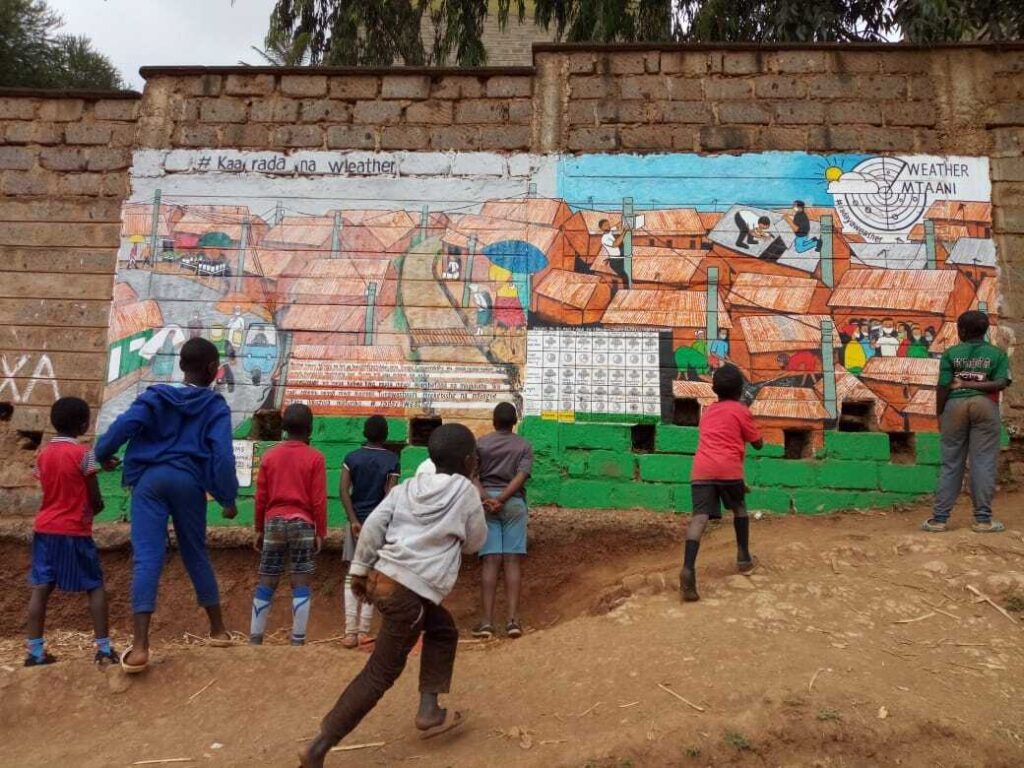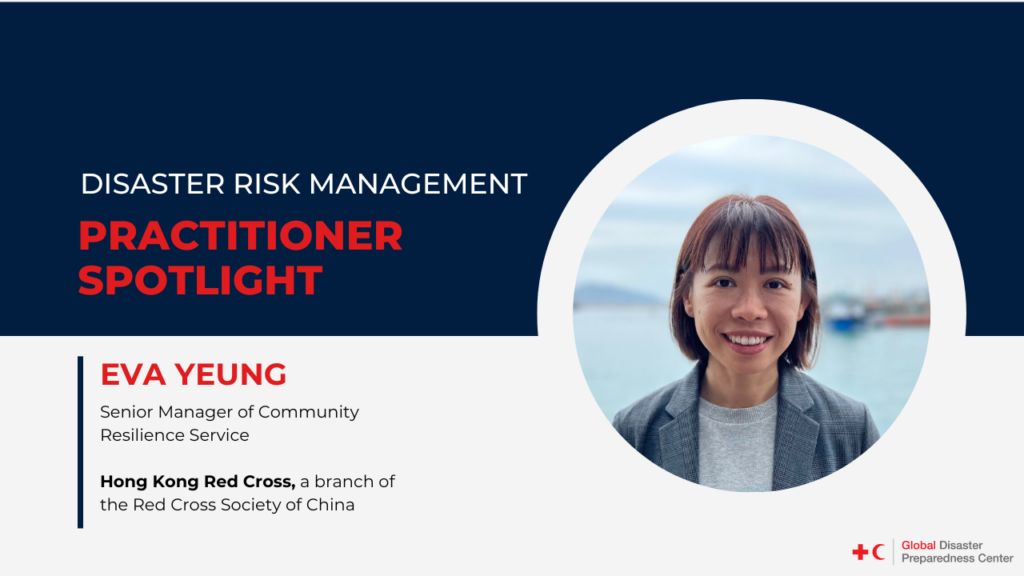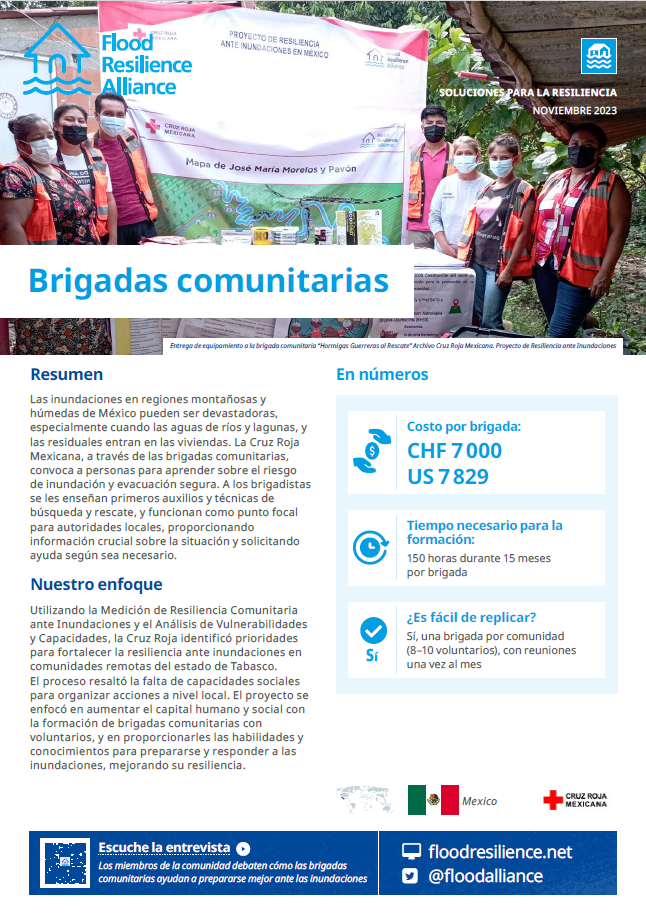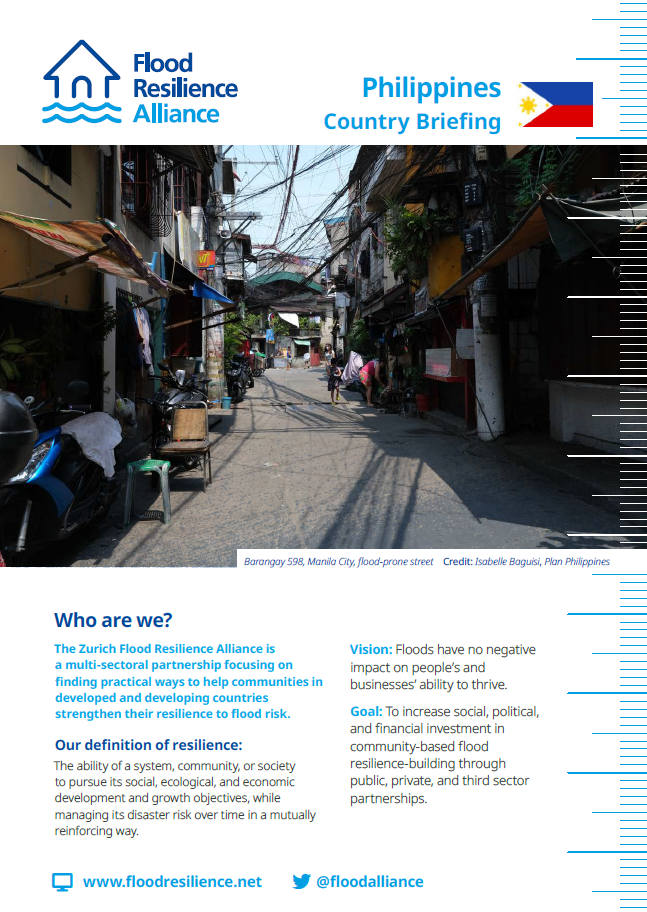Early Action: The State of Play 2023
By Risk-informed Early Action Partnership (REAP), March 2024 Now in their third year, the State of Play reports provide snapshots of international, regional and national investments, commitments and activities linked to early warning and early action. This year’s report focuses on the work of REAP Partners following the recommendations of the 2022 report; identifies both […]
Early Action: The State of Play 2023 Read More »

